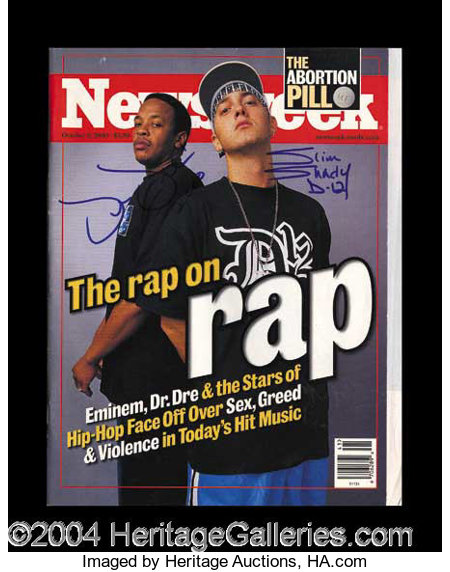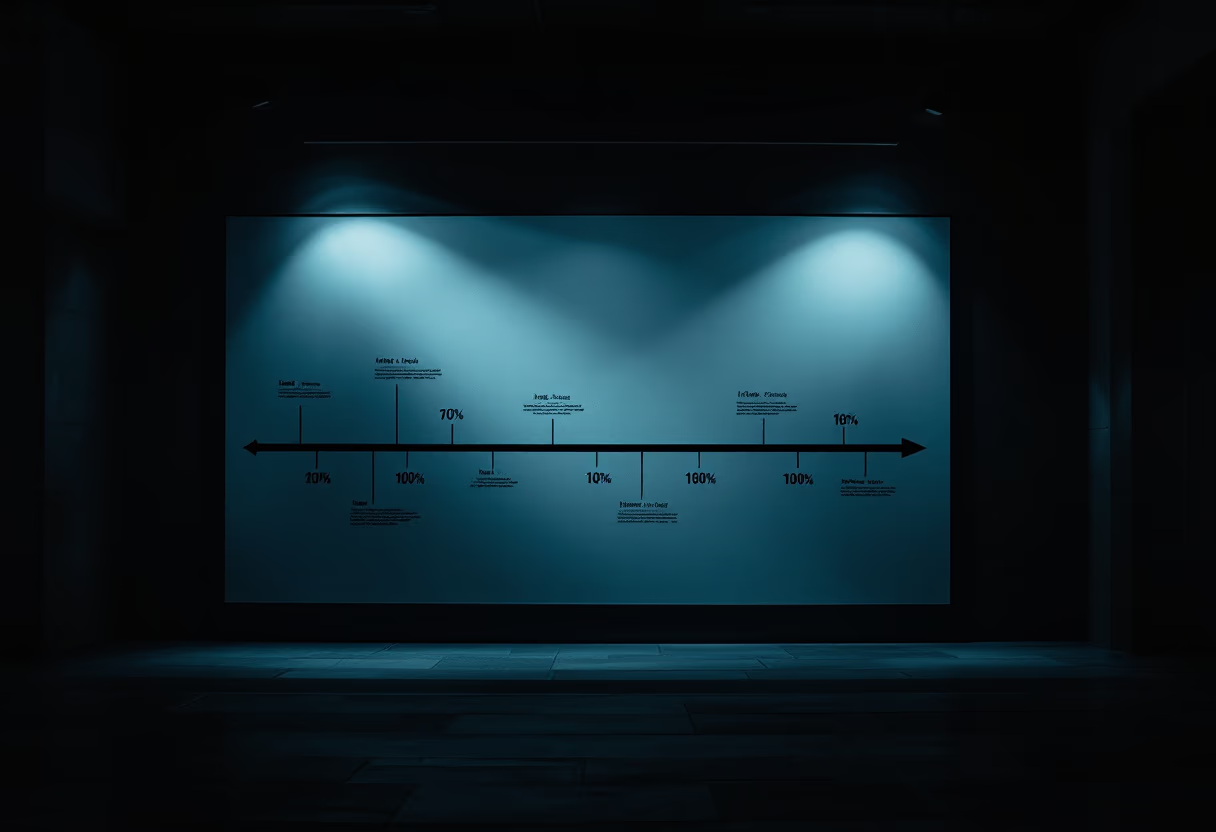Prototype. Test. Launch. Repeat.
A development lab for experimental apps and early-stage concepts. Explore prototypes, validate ideas, and access tools designed for rapid product iteration.


![[digital project] image of a mobile device with a productivity app (for a productivity tools business)](https://cdn.prod.website-files.com/6864193b828442f2de3152ad/6864283372319836effb42eb_WU.png)
A development lab for experimental apps and early-stage concepts. Explore prototypes, validate ideas, and access tools designed for rapid product iteration.


![[digital project] image of a mobile device with a productivity app (for a productivity tools business)](https://cdn.prod.website-files.com/6864193b828442f2de3152ad/6864283372319836effb42eb_WU.png)

![[interface] screenshot of the software interface (for a productivity tools business)](https://cdn.prod.website-files.com/6864193b828442f2de3152ad/68641b51616f83ad4a34e7b7_00a98ba4-6046-470b-b994-fffb36e1f6d4.avif)


Lorem ipsum dolor sit amet, consectetur adipiscing elit. Suspendisse varius enim in eros elementum tristique.
Lorem ipsum dolor sit amet, consectetur adipiscing elit. Suspendisse varius enim in eros elementum tristique.
Technical breakdowns, product trials, and in-depth analysis of experimental app development and concept validation.
![[background image] image of a film set (for a film production company)](https://cdn.prod.website-files.com/6864193b828442f2de3152ad/68641b5174aa2928fce35569_a80423ef-a7cd-469e-a14e-18ab339bd8e5.avif)
Explore efficient workflows and toolsets for building minimum viable products in experimental settings.
![[headshot] image of satisfied student using a laptop](https://cdn.prod.website-files.com/6864193b828442f2de3152ad/68641b51731e05d19cf37bf3_501d139d-e03f-4ea3-be3d-158b27938c04.avif)

Techniques for gathering, analyzing, and applying user feedback to refine early-stage digital products.
![[headshot] image of customer](https://cdn.prod.website-files.com/6864193b828442f2de3152ad/68641b52bf0d6651aba8bec5_baedd3d4-023a-4a27-b054-a9d2b79b65d7.avif)

Guidance on choosing frameworks and tools for rapid prototyping and iterative product development.
![[headshot] image of customer (for a coffee shop & cafe)](https://cdn.prod.website-files.com/6864193b828442f2de3152ad/68641b528acd0a5e05315889_5cfc6be3-1ca8-436f-888f-37230e12a783.avif)
![[background image] image of cozy reading nook (for an author & writer)](https://cdn.prod.website-files.com/6864193b828442f2de3152ad/68642833e113623c266c4538_JIMINKIETH.jpeg)
Procedures for deploying and managing experimental applications with a focus on security and scalability.
![[headshot] image of satisfied student using a laptop](https://cdn.prod.website-files.com/6864193b828442f2de3152ad/68641b51068faf64fb22af0b_7a36258d-213f-4e6c-9e1a-b5f7818900d1.avif)

Implementing automated quality assurance for fast-paced, experimental development cycles.
![[headshot] image of customer (for a trucking company)](https://cdn.prod.website-files.com/6864193b828442f2de3152ad/68641b52f4dfa850b1ea6439_5aa60139-2544-4830-87a6-fcbf8e992404.avif)

Interface strategies that enable quick iteration and user testing in experimental environments.
![[headshot] image of customer (for a chinese restaurant)](https://cdn.prod.website-files.com/6864193b828442f2de3152ad/68641b51c42a5ea588a0006b_531d0dd4-68dd-45e1-867a-c2ffdb9be633.avif)

Stepwise approach to validating new ideas through rapid prototyping and iterative user testing.
![[headshot] image of satisfied student using a laptop](https://cdn.prod.website-files.com/6864193b828442f2de3152ad/68641b52429904169f28c01b_6008991c-5224-4ccc-aeb5-c552d34f1dc0.avif)

Methods for analyzing markets and identifying opportunities for early-stage technology products.
![[headshot] image of customer (for a edtech)](https://cdn.prod.website-files.com/6864193b828442f2de3152ad/68641b51068faf64fb22af10_cc6870b8-3c7e-469b-b6eb-b522288215b8.avif)

Criteria for choosing APIs that accelerate integration and experimentation in app development.
![[headshot] image of customer (for a mobile gaming)](https://cdn.prod.website-files.com/6864193b828442f2de3152ad/68641b529a29fefa7616ddfe_5cec9b0d-47af-43bd-89c3-e37791e9d1d2.avif)
![[interface] image of a screenshot of a learning module (for an edtech)](https://cdn.prod.website-files.com/6864193b828442f2de3152ad/68641b51f1f223c87c15500b_89bf7360-d9b6-48be-b978-378a4fa56996.avif)
Best practices for planning, launching, and monitoring beta releases of experimental applications.
![[headshot] image of customer (for a chinese restaurant)](https://cdn.prod.website-files.com/6864193b828442f2de3152ad/68641b511c1e6987b069c50b_a459eb0a-b688-422f-a85d-936e3456ed69.avif)

Implementing continuous integration and deployment pipelines for small, agile development teams.
![[headshot] image of a customer](https://cdn.prod.website-files.com/6864193b828442f2de3152ad/68641b51780e5ad530936c7e_278d2aae-21d0-4bd8-96e9-2d5591a765ae.avif)

Tools and techniques for quickly wireframing and iterating on new product concepts.
![[headshot] image of customer](https://cdn.prod.website-files.com/6864193b828442f2de3152ad/68641b52955d3280ee0dabdd_144be6bf-c0d8-44c0-8d93-915c26129526.avif)

Assessment of low-code and no-code platforms for building and testing digital products.
![[headshot] image of a customer for a japanese restaurant](https://cdn.prod.website-files.com/6864193b828442f2de3152ad/68641b51eab8727e10efa693_e9838756-d688-4e8c-98d3-b68720658a40.avif)
![[background image] image of an ecofriendly workspace (for a green tech/cleantech company)](https://cdn.prod.website-files.com/6864193b828442f2de3152ad/68641b52216f4cfa80b3c0a2_463d9087-9987-46cc-af74-5d232544b86d.avif)
Developing and applying user personas to guide product direction and feature prioritization.
![[headshot]](https://cdn.prod.website-files.com/6864193b828442f2de3152ad/68641b52d42bb5a09bfe7ad6_a8e58be0-1bde-4c28-bef1-4b41a63de8f4.avif)

Comparison of open-source and proprietary solutions for innovation-focused development.
![[headshot] image of customer (for a chinese restaurant)](https://cdn.prod.website-files.com/6864193b828442f2de3152ad/68641b51c42a5ea588a0005f_fb525b0d-7f9f-46b3-9572-062b91681f09.avif)

Key steps for transitioning experimental prototypes into production-ready applications.
![[headshot] image of customer (for a construction company)](https://cdn.prod.website-files.com/6864193b828442f2de3152ad/68641b526a0b4227c9b1d13f_7ab94529-2dcc-4bab-9bc3-fcef4ce08a87.avif)
![image of sustainable sourcing practices [furniture store]](https://cdn.prod.website-files.com/6864193b828442f2de3152ad/68641b520e08464d2174b111_690100d7-1576-4109-90de-6e3005b1e6e4.avif)
Implementing and interpreting A/B tests to optimize features in experimental products.
![[headshot] image of a customer for a japanese restaurant](https://cdn.prod.website-files.com/6864193b828442f2de3152ad/68641b52628c0f4a0620442f_63aa58be-e73e-4ae9-93cf-36acaa3ed6ec.avif)

Ensuring accessibility standards are met during fast-paced prototyping and development.
![[headshot] image of a happy pet owner after training (for a pet store)](https://cdn.prod.website-files.com/6864193b828442f2de3152ad/68641b5194cfe3ae503b661f_dc860746-0389-4df3-a528-95fc2be4a651.avif)

Best practices for conducting user interviews to validate new product concepts efficiently.
![[headshot] image of customer (for an auto dealership)](https://cdn.prod.website-files.com/6864193b828442f2de3152ad/68641b52b9d72a297ffd6665_b5b84122-c499-4b59-98a6-d4e712697663.avif)
![[background image] image of landscaping office space for a landscaping service](https://cdn.prod.website-files.com/6864193b828442f2de3152ad/68641b52f24ab10dcd714e05_823fadd6-2a85-4416-a877-851c2f163659.avif)
Frameworks and tools for analyzing competitors in early-stage product development.
![<subject>[headshot] image of customer (for a hr tech)</subject>](https://cdn.prod.website-files.com/6864193b828442f2de3152ad/68641b515849d374a72979be_5f5065cc-0415-4231-85ce-0e6f9f58986d.avif)

Designing modular architectures to support rapid changes and scalability in projects.
![[headshot] image of customer (for a edtech)](https://cdn.prod.website-files.com/6864193b828442f2de3152ad/68641b5254b9a4c71083b796_dcb2f18f-20e4-45d0-8fa4-0129f01f20c7.avif)

Techniques for tracking and analyzing product performance after deployment.
![[headshot] image of customer (for a bars & pub)](https://cdn.prod.website-files.com/6864193b828442f2de3152ad/68641b52ed5406f531e9a4fa_81e8d990-d98a-4448-b840-c60db6ab5d38.avif)

Implementing error tracking to maintain stability during rapid development cycles.
![[headshot] image of satisfied student using a laptop](https://cdn.prod.website-files.com/6864193b828442f2de3152ad/68641b515ba4bf5fa3a976cb_cf1d37e3-34bc-4aa0-be24-e56a96a09619.avif)

Creating and maintaining design systems for consistent UI and fast iteration.
![[headshot] image of customer (for a wellness retreat business)](https://cdn.prod.website-files.com/6864193b828442f2de3152ad/68641b5296900996c7e6fa88_058e9987-f2f1-4205-9ae8-f645df4930be.avif)
Answers to common questions about our process, project criteria, and how we evaluate new concepts.
Projects are selected based on originality, technical feasibility, and potential for practical application. Each proposal is reviewed for alignment with our experimental objectives before development.
Development begins with a concept outline, followed by prototyping, user testing, and iterative updates. Feedback is incorporated at each phase to refine outcomes.
Success is measured using metrics such as user engagement, technical reliability, and early user feedback. Projects are updated or discontinued based on these results.
Community input is encouraged. Submit your ideas through the contact form for review and potential inclusion in future cycles.
Most projects are available for public testing, though some remain private during initial development. Availability details are listed on each project page.
New experiments are launched regularly, typically every 1–2 months, depending on project complexity and ongoing feedback.
Access early-stage prototypes and experimental apps. Evaluate innovative concepts, provide feedback, and participate in the development of next-generation digital solutions.